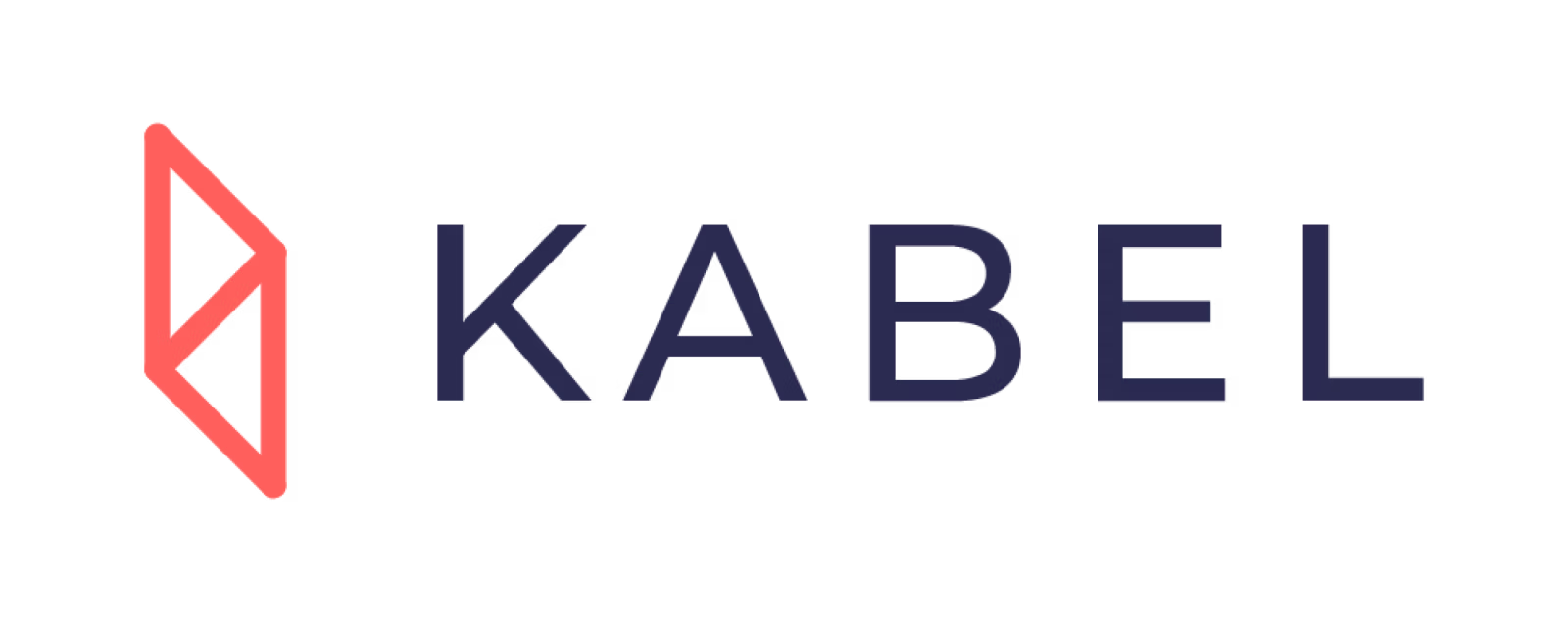Why Traditional Hiring System Fails
For years, companies relied on degrees and job titles to measure capability. It worked — when the world moved slowly.
But today, technology, AI, and market shifts rewrite job requirements every few months. The skill that mattered last year might already be outdated.
When the ground keeps moving, hiring by credentials doesn’t show who can keep up.
That’s why so many “qualified” hires still struggle to deliver in fast-changing roles.
Experience ≠ Capability
A resume tells you what someone has done. But it doesn’t tell you how they learn, how they adapt, or how they solve problems when the playbook changes.
In real companies, performance gaps rarely come from knowledge. They come from learning speed.
A junior analyst who experiments with new tools can outperform a senior who sticks to what they know.
That’s the new reality of work — and the biggest argument for skills-based hiring.
The Skills Shift Happening Now
Forward-looking companies are moving away from CV filters and toward skills signals — real evidence of how candidates think, work, and learn.
These signals come from:
- Portfolio projects or STAR stories that show how they solved real challenges
- Hackathons, simulations, or challenges that test learning agility
- Measurable digital and communication skills that impact business outcomes
Instead of asking “What did you study?”, they ask “What can you do right now — and how fast can you learn what’s next?”

The Results
Companies that switch to skills-based hiring report:
- 2–3× faster onboarding for new hires
- 40% improvement in project execution
- Higher engagement because employees feel their strengths are recognized early
And they often discover something surprising:
Their best new hires aren’t the ones with perfect grades — they’re the ones who show curiosity, initiative, and problem-solving mindset.
Why This Matters for the Future Workforce
Gen Z and fresh graduates are entering the market with more tools and platforms at their fingertips than ever before. But they won’t thrive in rigid job descriptions.
They thrive when companies look beyond paper — and give them room to prove what they can do.
That’s what skills-based hiring unlocks:
a faster, fairer, and more future-proof way to build teams that grow with change, not against it.
Next Step
Ready to see how skills-based hiring actually works in practice?
Explore how Kabel helps companies match by skills, learning agility, and motivation — not just job titles.
Discover Skills-Based Hiring with Kabel →






